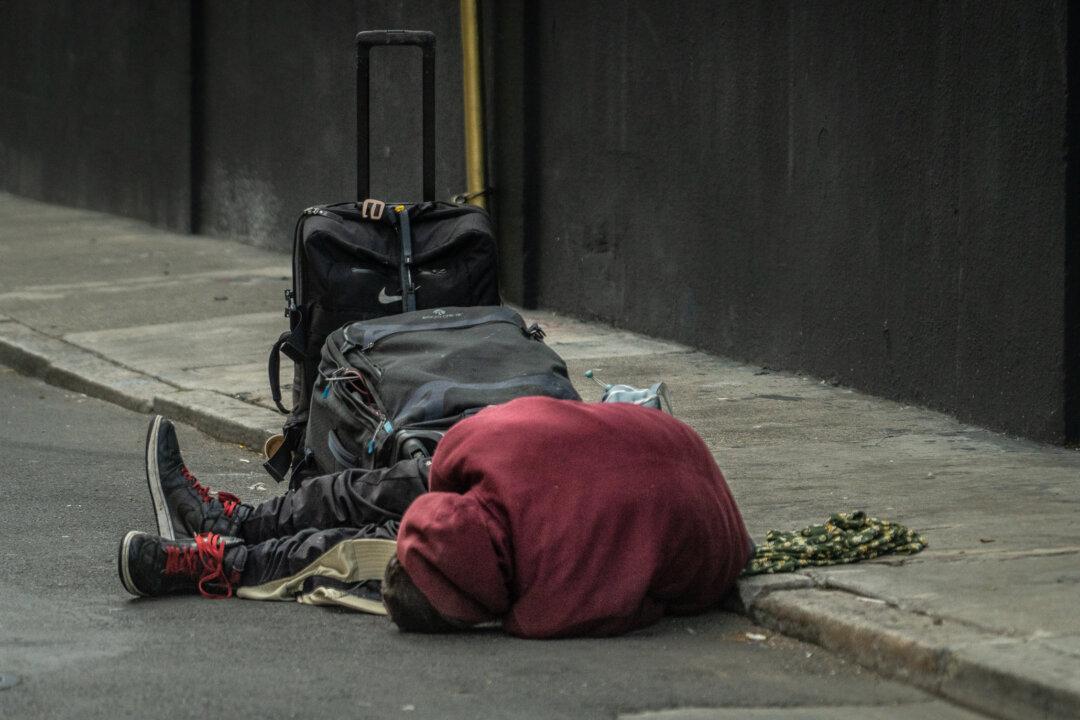Overdose deaths in San Francisco climbed to a new record last year, soaring to 806, according to preliminary findings Jan. 17 from the Office of the Chief Medical Examiner.
According to the results, 2023 saw the most overdoses ever in the city, surpassing a previous record of 726 three years ago. The medical examiner’s office said estimates for December were preliminary at 52 overdoses—which could increase—due to the city’s monthly average for such deaths of 69.





